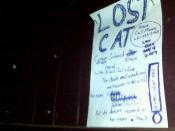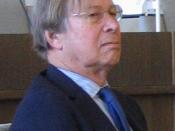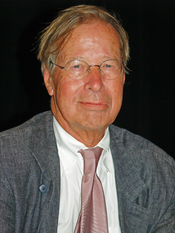Answer both parts A and B
A. What approach would Prof. Dworkin take to the issue dividing the majority and the dissent in the joined cases before SW v United Kingdom CR v United Kingdom?
B. How might a legal positivist respond to Prof. Dworkin's approach?
From the beginning of the creation of civilised societies man has felt the need for the creation of a set of rules that will govern his society and allow the smooth everyday living in them. Since early societies could only be ruled by the sword or by God it is evident that the first set of rules created by man were based on religious guidelines. As societies evolved into more complex and sensitive structures, so did the needs of the people living in them. Therefore the old religious rules had to be upgraded into new rules which would cover a broader area of everyday life and which were usually based on experiences and moral and ethical rules of society.
Modern law has now developed into a mixture of a clear legislative rule and its interpretation by the judicial. On this matter, two schools of thought have had a great impact, Natural Law and Legal Positivism. A third school of thought is the one developed by Professor Ronald Dworkin and is described as the Intermediate Theory. Professor Dworkin's is said to belong to neither of the pre-mentioned schools of thoughts as he is not a Natural Law theorist but his theory is critical of Legal Positivism. Since verdicts given by modern courts of law are not solemnly based on fixed legislative statutes but also on the judiciary discretion, there is much discussion to be made on the different views on each case. In this case we shall examine how the theories of Professor Dworkin and...


